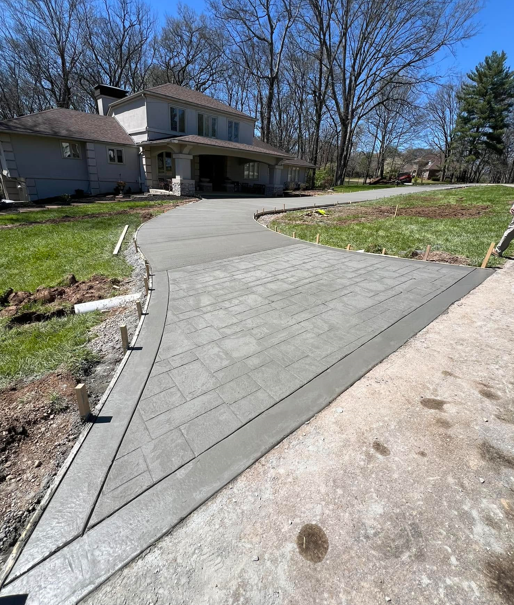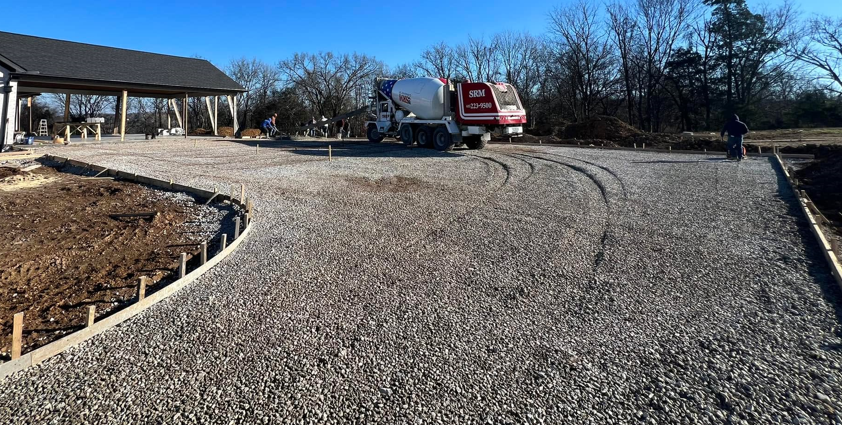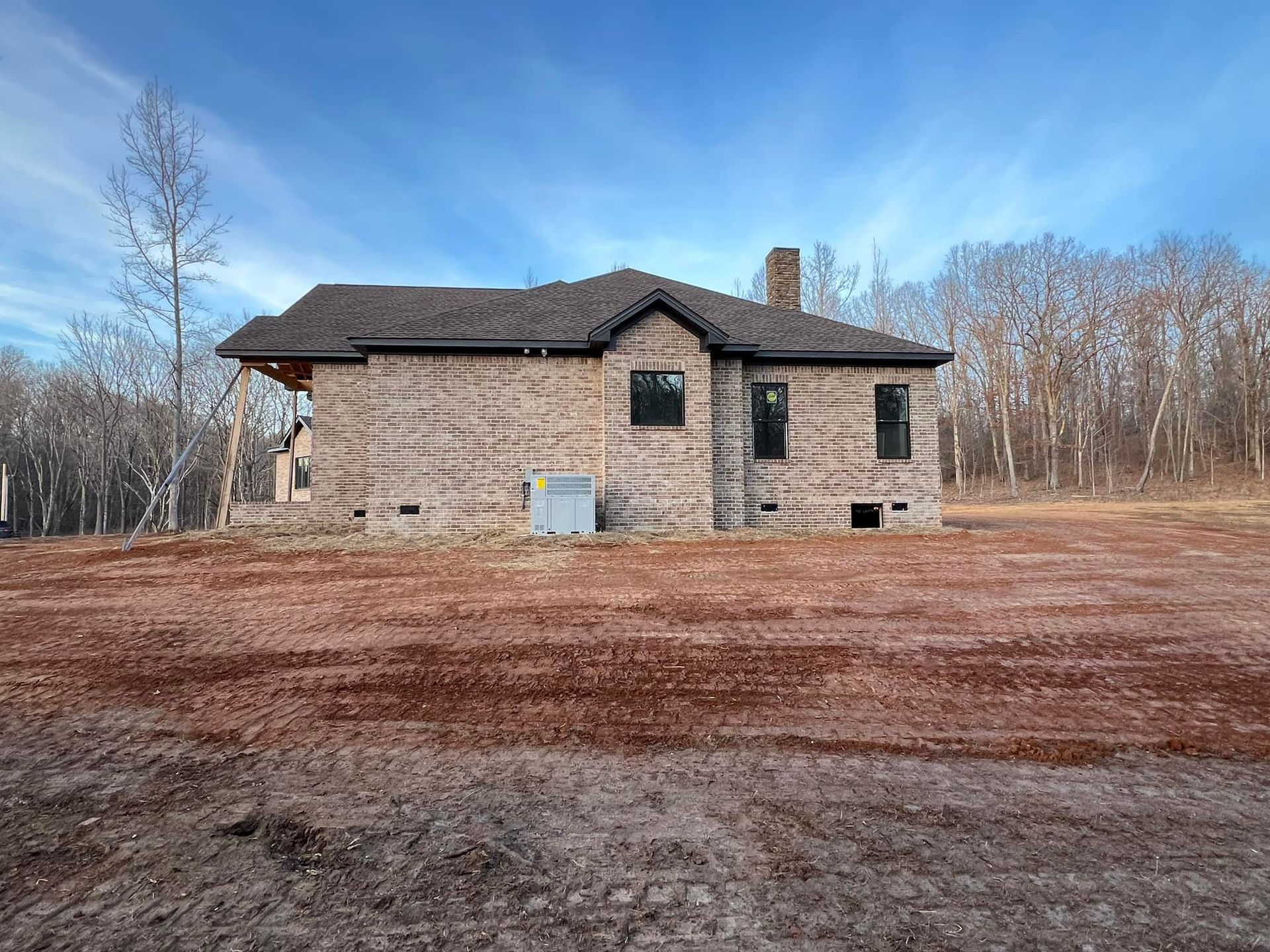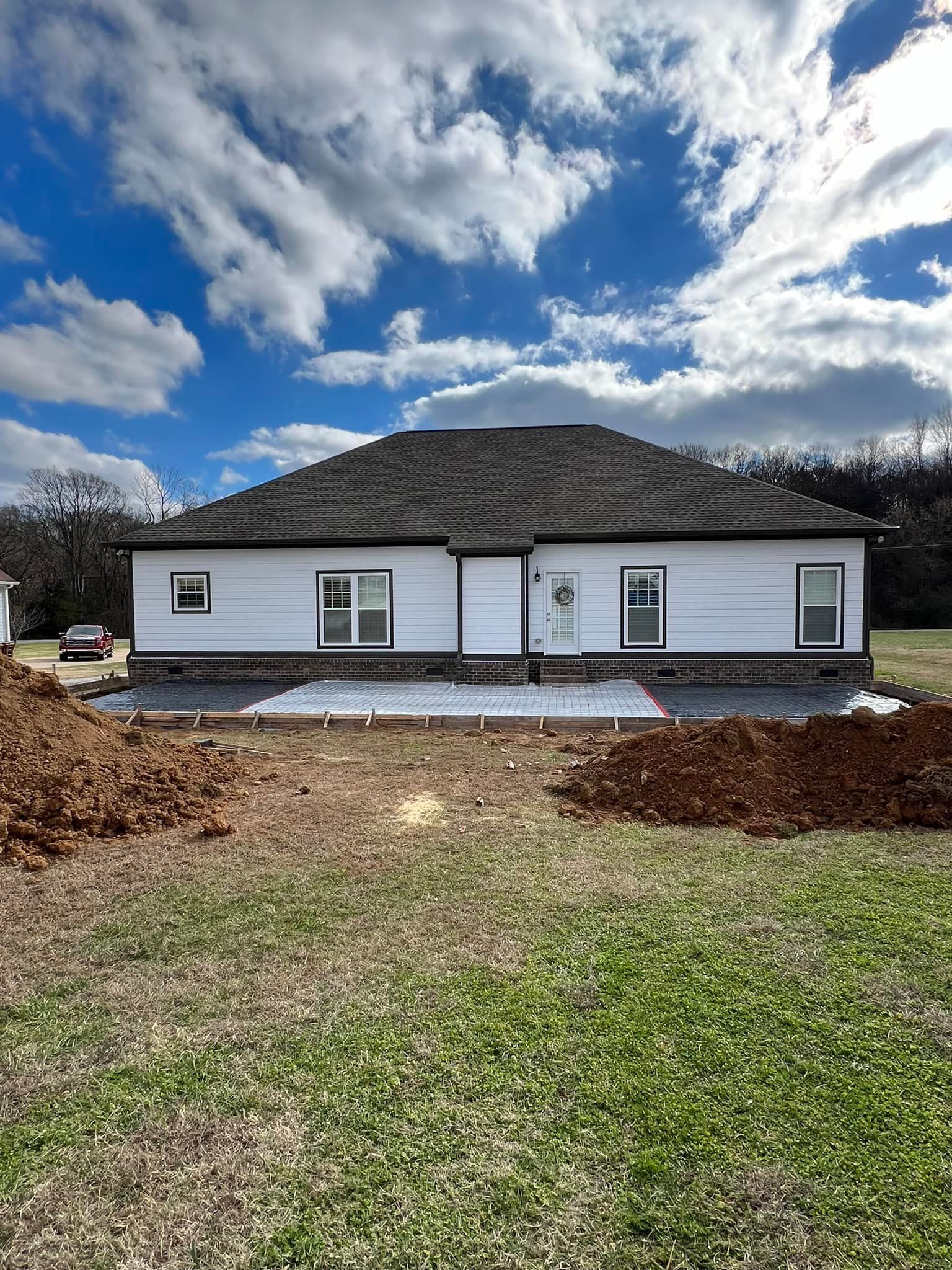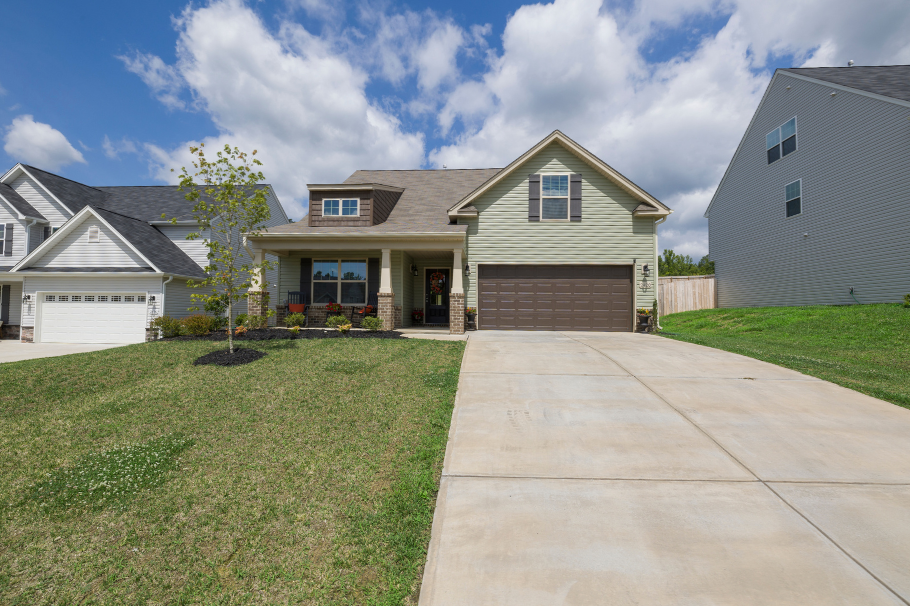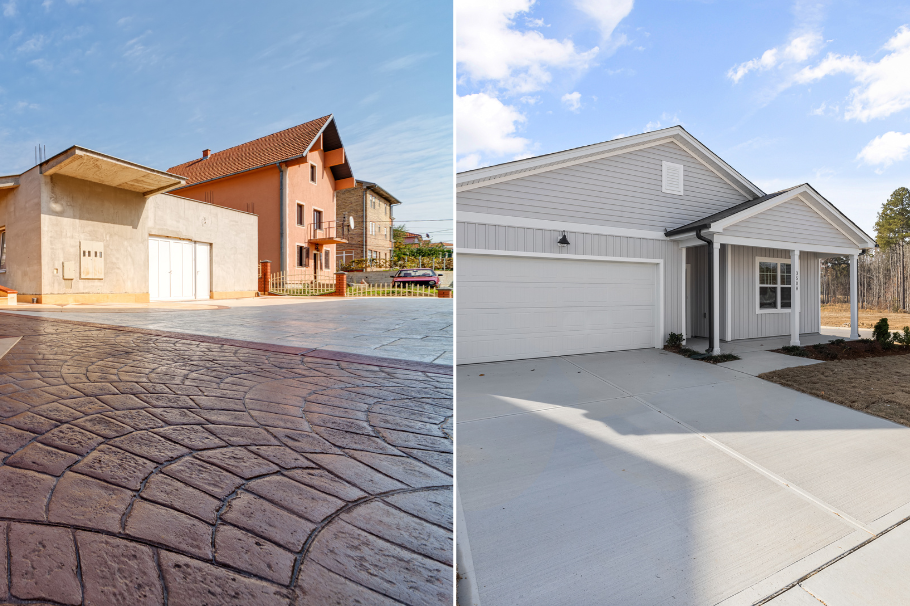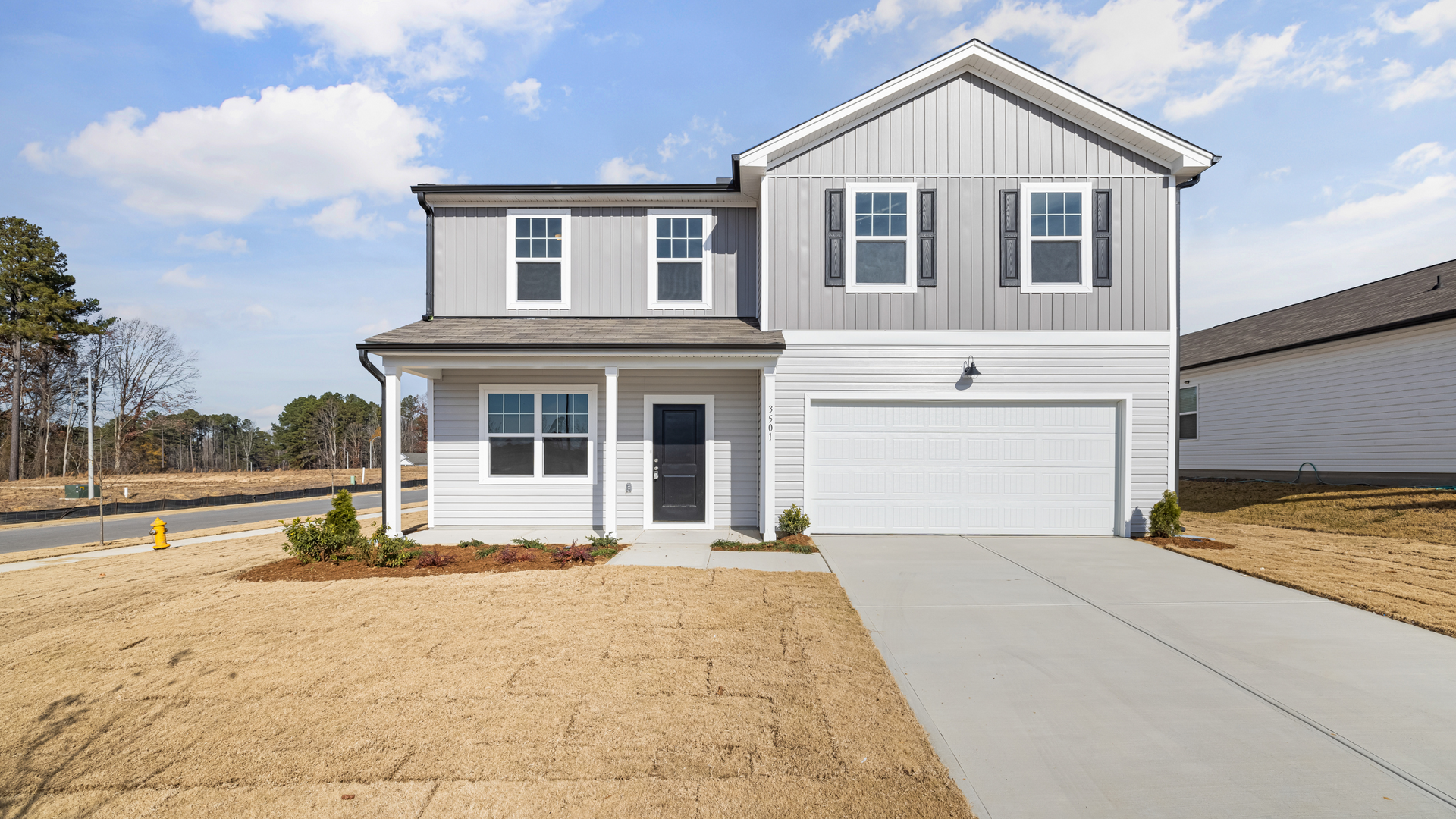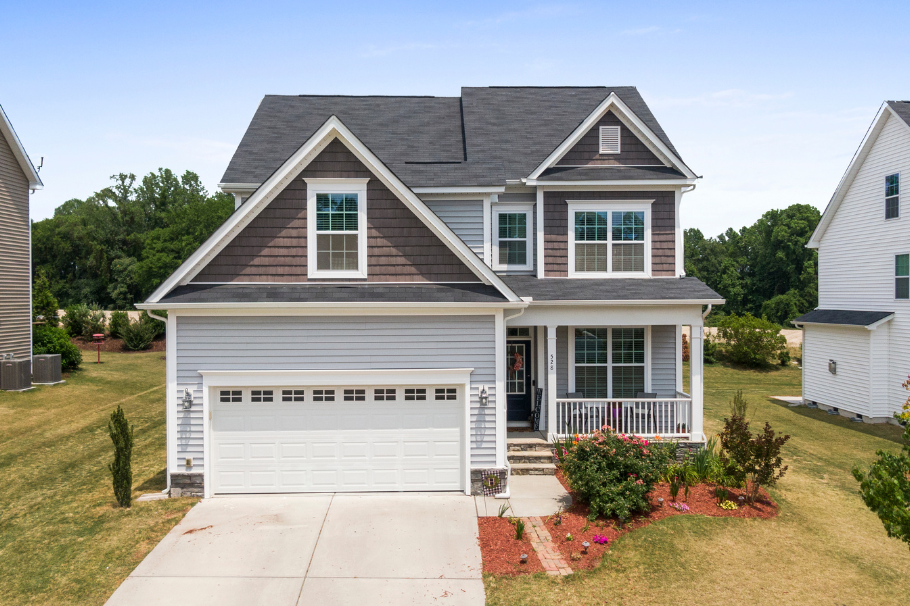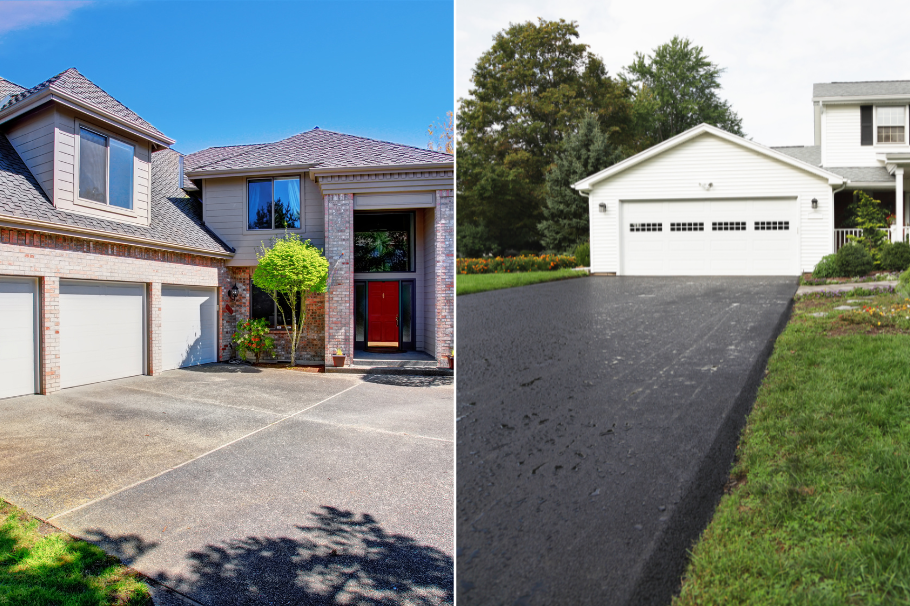Choosing the Right Concrete Mix for Your Project
Every construction project, whether it be a small DIY home improvement or a large-scale commercial development, requires careful consideration of the materials used. One such essential material is concrete. However, not all concrete is created equal. Understanding the importance of choosing the right concrete mix for your project is critical to its success. The right mix can mean the difference between a long-lasting, sturdy structure and a crumbling failure. By choosing the ideal concrete mix, you ensure the longevity, durability, and overall quality of your construction project.
Through this comprehensive guide, you'll gain an in-depth understanding of various concrete mixes, their unique properties, and their suitability for different applications. We will explore the science behind the ingredients of concrete, the role each component plays, and how they collectively contribute to the final product's strength and durability. We'll also delve into the different types of concrete mixes available in the market today and provide tips on how to choose the most appropriate one for your specific project.
Whether you're a seasoned contractor or a novice DIY enthusiast, this article will equip you with the knowledge to select the right concrete mix, ensuring your project stands the test of time. Read on to learn about the art and science of choosing the right concrete mix for your project.
Understanding Different Types of Concrete Mixes
The Basics of Concrete Mixes
The term 'concrete mix' refers to the blend of cement, sand, aggregates, and water that together form the foundation of many construction projects. The right concrete mix can significantly influence the strength, durability, and finish of your project. It's essential to understand the different types of concrete mixes, as each mix has unique properties tailored to specific project requirements.
Ready Mix Concrete
One common type of concrete mix is 'Ready Mix'. This is a versatile, pre-mixed solution, typically used in large-scale construction projects. Ready Mix is convenient and time-saving, as it is prepared off-site and delivered ready to use, reducing the chance of human error during the mixing process.
High Strength Concrete
'High Strength' concrete mix is another popular choice. With a high cement content, this mix provides superior strength and durability, making it ideal for structural applications such as foundations and load-bearing walls. Despite its strength, this mix requires careful handling due to its potential to shrink and crack if not properly cured.
Crack Resistant Concrete
'Crack Resistant' concrete mix, as the name suggests, is designed to minimize cracking. It contains fibers that help to distribute tension evenly across the concrete, reducing the risk of cracks. This is particularly useful for surfaces that will bear heavy loads or for outdoor applications exposed to varying weather conditions.
Fast Setting Concrete
Lastly, the 'Fast Setting' concrete mix is designed for quick use. It sets in a matter of minutes, making it an excellent choice for projects that require rapid completion, such as repairing roads or setting posts. However, its quick-setting nature means it requires immediate work after mixing, making it less suitable for larger projects where time is needed to pour and shape the concrete.
Choosing the Right Mix
Picking the right concrete mix is not merely about selecting the strongest or fastest-setting mix; it's about understanding the specific needs of your project and choosing a mix that will best meet those needs. Whether you're laying a simple garden path or constructing a multi-story building, the right concrete mix can make all the difference.
Factors to Consider When Choosing a Concrete Mix
Project Type
Selecting the ideal concrete mix for your project involves careful consideration of multiple factors, each having a significant role in the project's success. The first factor to consider is the type of project. For instance, if you are working on a large-scale project, the Ready Mix concrete, known for its convenience and consistency, could be the best option. On the contrary, for smaller, time-sensitive projects, Fast Setting concrete, which sets rapidly, maybe the more practical choice.
Load-Bearing Capacity
Next, consider the load-bearing capacity requirements of your project. High Strength concrete, with its superior strength, can handle heavy loads, making it suitable for structures like bridges or commercial buildings. Meanwhile, Crack Resistant concrete is ideal for projects that require resilience against heavy loads or harsh outdoor conditions, as it minimizes cracking.
Environmental and Weather Conditions
Environmental factors and weather conditions also play a crucial role in your concrete mix selection. Some mixes are specially formulated to withstand harsh weather conditions, while others may not fare well in extreme cold or heat. Consider the prevalent weather conditions in your project area before settling on a concrete mix.
Durability Requirements
Durability is another essential factor. If your project involves a structure that should last for decades, opt for a concrete mix known for its durability, such as High Strength or Crack resistance. These mixes offer added protection against wear and tear, ensuring your structures stand the test of time.
Cost and Availability
Lastly, consider the cost and availability of the concrete mix. While project requirements are important, you also need to factor in your budget and the accessibility of the mix. Opt for a mix that balances cost-effectiveness with your project's specific needs for a successful build.
Analyzing Different Projects and Their Ideal Concrete Mix
Residential Projects
The selection of concrete mix depends greatly on the type of project, and understanding this can make a significant difference in the overall quality and longevity of your construction. For residential projects such as driveway installation in Columbia, TN, patios, and sidewalks, a general-purpose concrete mix is typically sufficient. This mix usually contains Portland cement, sand, and aggregate and is designed to handle everyday use and various weather conditions. However, for areas exposed to heavy traffic or harsh weather, consider a high-strength mix for added durability.
Commercial Projects
Commercial projects, like buildings and bridges, require a more robust concrete mix due to their load-bearing expectations and longevity requirements. High-performance or high-strength concrete mixes are commonly used in these instances. These mixes, which can withstand heavy loads and extreme weather conditions, usually contain higher levels of cement and less aggregate. The use of additives also improves the mix's durability, making it ideal for large-scale projects.
Repair Projects
Repair projects such as patching cracks and resurfacing require a different approach. Quick-setting concrete mixes are typically used for these tasks. These mixes usually contain accelerators that speed up the curing process, allowing for rapid repairs. It's important to note that while these mixes can fix minor damage quickly, they may not be the best choice for larger repair projects due to their limited strength and durability.
Tailoring Concrete Mix to Project Needs
Whether you're working on a residential, commercial, or repair project, your choice in concrete mix should take into consideration the project's specific needs and conditions. By carefully evaluating these factors, you can ensure that you choose the right mix that balances cost-effectiveness with performance and durability.
Conclusion
In conclusion, understanding and selecting the right concrete mix for your project is of utmost importance. This decision not only influences the final strength and durability of your construction but also determines its longevity and aesthetic appeal. Failure to choose the correct mix can lead to a myriad of issues, including weak concrete and inconsistent results, which will adversely impact your project's overall outcome.
The preceding sections have highlighted common mistakes when choosing and mixing concrete, such as inaccurate measurements and improper mixing techniques. These errors underscore the importance of careful attention to detail in every step of your project. It's crucial to understand your project's specific needs and then select a concrete mix that best suits those needs. This involves accurate measurements, following the manufacturer's instructions to the letter, and ensuring proper mixing techniques.
As we wrap up, our final piece of advice is this: never underestimate the importance of doing your due diligence when it comes to selecting the right concrete mix. Take the time to research, understand your project's needs, and consult professionals if necessary. Remember, the success of your project hinges on the quality of the materials you use and the techniques you apply. The right concrete mix, correctly measured and properly mixed, will provide a strong, durable, and aesthetically pleasing result that will stand the test of time.
Name, Address, and Phone
AMC Concrete
516 Woods Dr, Columbia, Tennessee, 38401, US
931-281-8528
